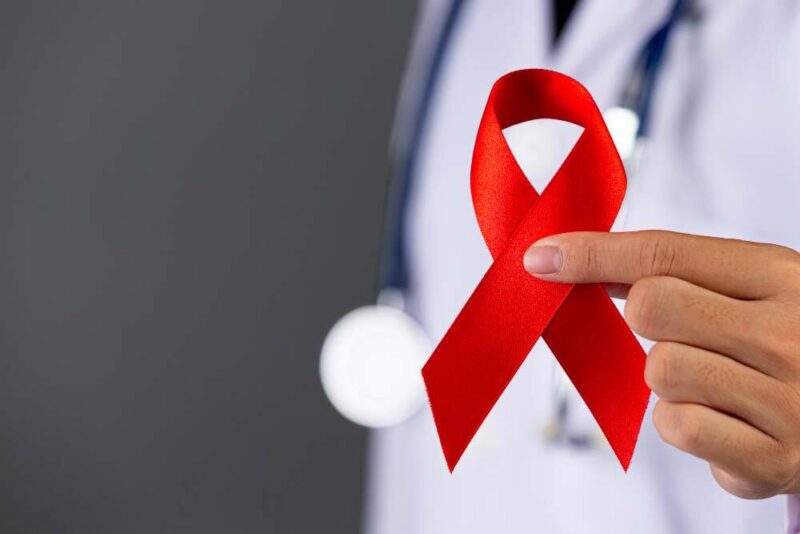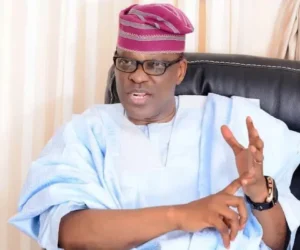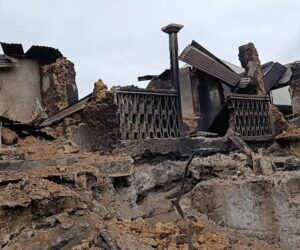Stakeholders on Tuesday renewed calls for multi-sectoral collaboration and sustainable domestic financing to sustain Nigeria’s response to HIV and Tuberculosis (TB), amid dwindling foreign aid.
The appeal was made at a stakeholders’ dialogue on domestic financing for HIV and TB, and the domestication of the HIV anti-stigma law, organised by the Network of People Living with HIV/AIDS in Nigeria, in collaboration with the AIDS Healthcare Foundation (AHF), and other partners in Abuja.
Although recent steps, such as the N4.8bn budgeted for HIV treatment and the establishment of an AIDS Trust Fund, reflect government commitment, stakeholders say financing remains insufficient to meet national needs.
Nigeria requires an estimated $8bn annually to sustain its HIV/AIDS response, according to the Chairman of the House Committee on HIV/AIDS, Tuberculosis and Malaria (ATM), Amobi Ogah.
Speaking at the meeting, Mr Ogah, represented by his deputy, Abubakar Zango, emphasised that Nigeria must take ownership of its health response rather than depend solely on external donors.
“But in the face of recent changes in the global funding landscape, occasioned by the suspension of funding for African health systems by the US government, further gaps in funding will negatively impact the country’s fight against HIV/AIDS and TB,” he said.
“It is my opinion that the suspension of funding of Africa’s health systems by the US government is a blessing in disguise because I believe that the Nigerian government must take the lead in funding the response to public health threats such as HIV, Tuberculosis, and Malaria, and not rely solely on foreign interventions.”
He explained that since the withdrawal of funding, Nigerians in both the public and private spaces have begun conversations on how to rejig their financing architecture.
“So far, many brilliant and innovative solutions on how to mobilise domestic funding for the response against HIV and TB in Nigeria have been rolled out. But there is a need to streamline some of these solutions and, if need be, provide a legislative framework for their implementation,” he said.
He further called for multi-sectoral collaboration and stronger partnerships among civil society organisations, government, and the private sector to ensure cost-efficient and sustainable interventions.
The dialogue aims to catalyse action, foster collaboration among key stakeholders, state and non-state actors, the business community, international and national non-governmental organisations, civil society organisations, community-based organisations, and the general population.
Looking inward
In his remark, the National Coordinator of NEPWHAN, Abdulkadir Ibrahim, emphasised the urgency of strengthening domestic health financing, especially for HIV, due to uncertainties in global health funding and shifts in US government policy.
Mr Ibrahim stated that about 80–85 per cent of HIV funding in Nigeria comes from foreign aid, while the Nigerian government contributes only about 15 per cent.
He stressed the need to look inward for sustainable financing through health insurance schemes, local philanthropy, and domestic resource mobilisation, since free drugs are ultimately funded by taxpayers abroad.
“We are looking into issues around health insurance, how our people will be registered into a health insurance scheme, which will be more sustainable and affordable if people have to pay,” he said.
READ ALSO: Plateau inaugurates technical group to strengthen HIV prevention, maternal health
“The drugs that people are currently getting for free are being paid for by someone—it is taxpayers’ money, either from the US or from contributions by other countries.”
The Chairman of NEPWHAN’s Board of Trustees, Abdul-Rahman Momodu, emphasised commitment and leadership in the fight against HIV.
Mr Momodu noted that HIV is not just a health issue but also a social one that must be openly addressed.











